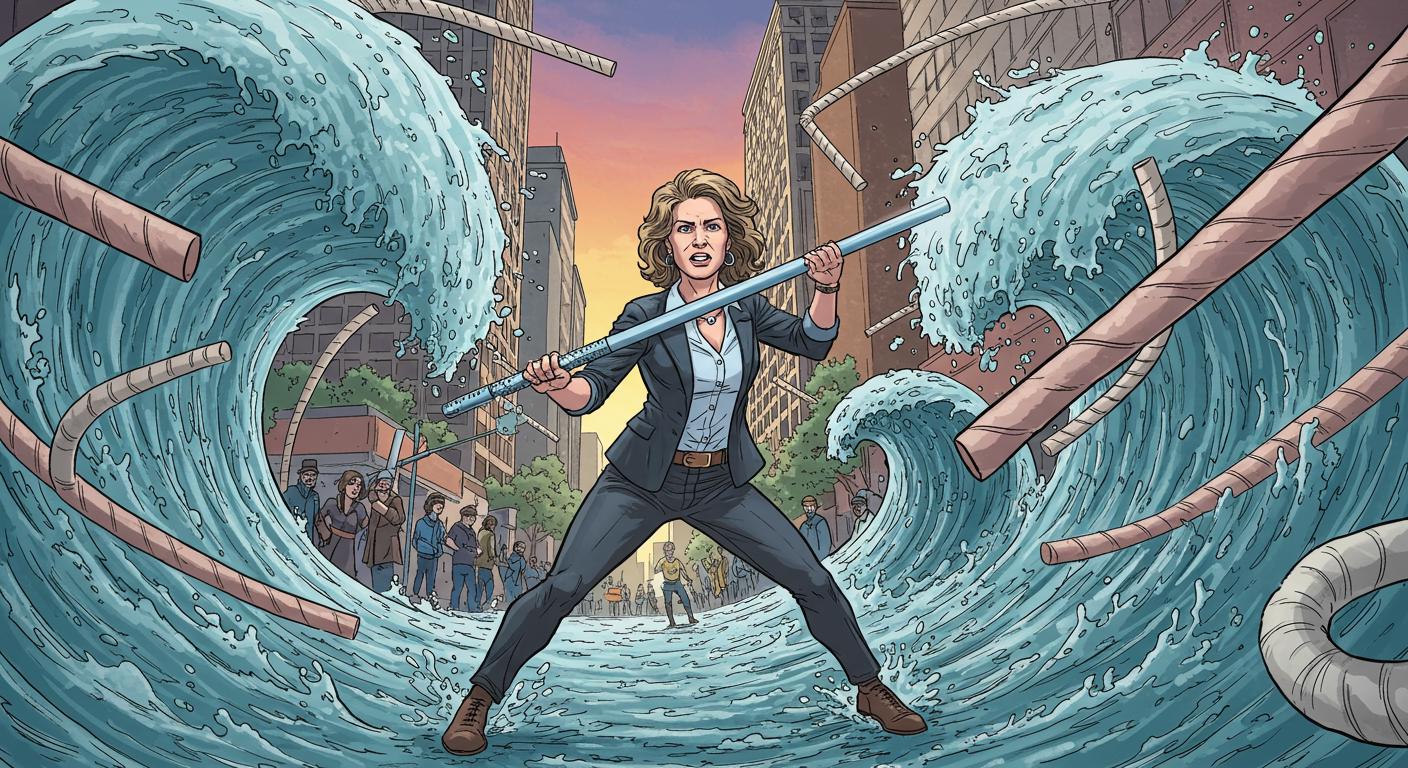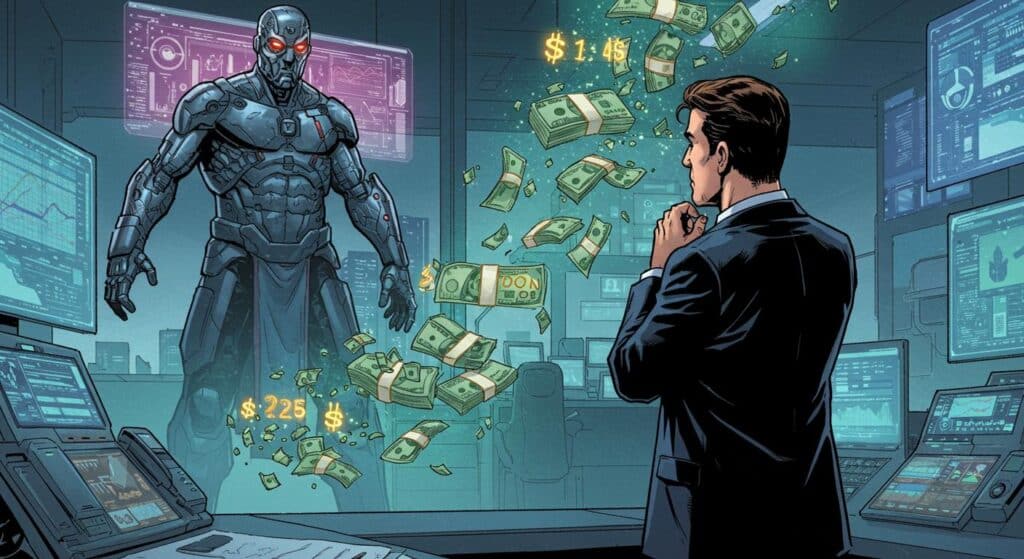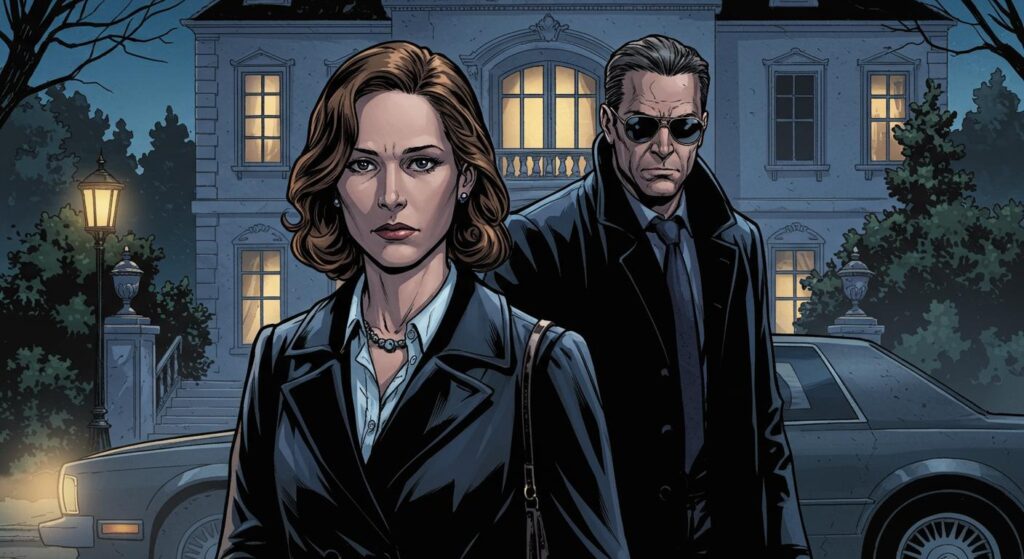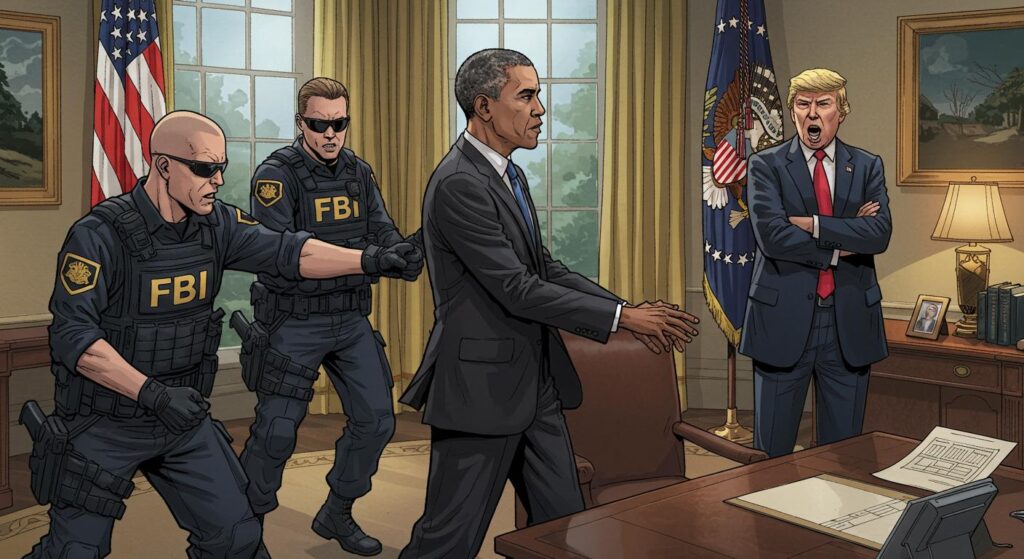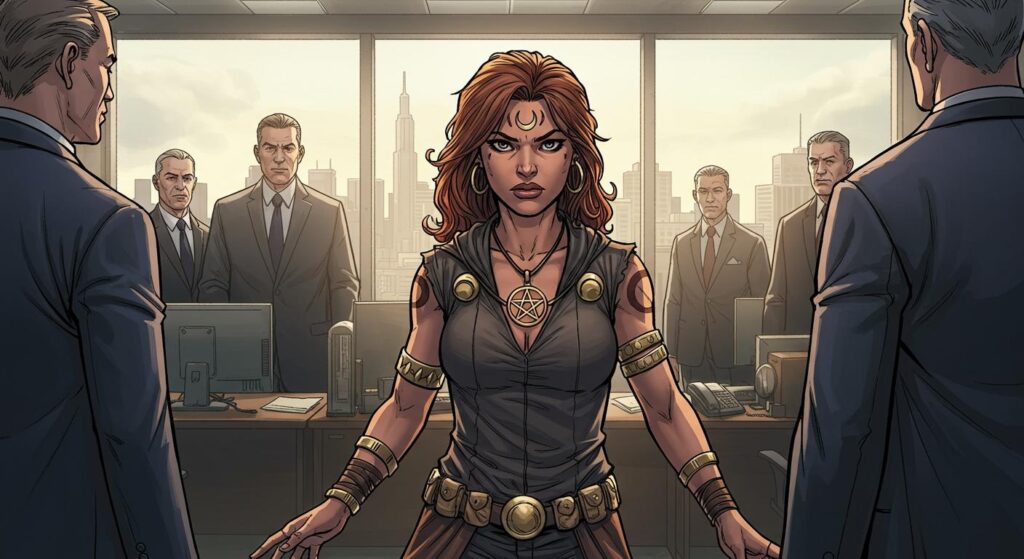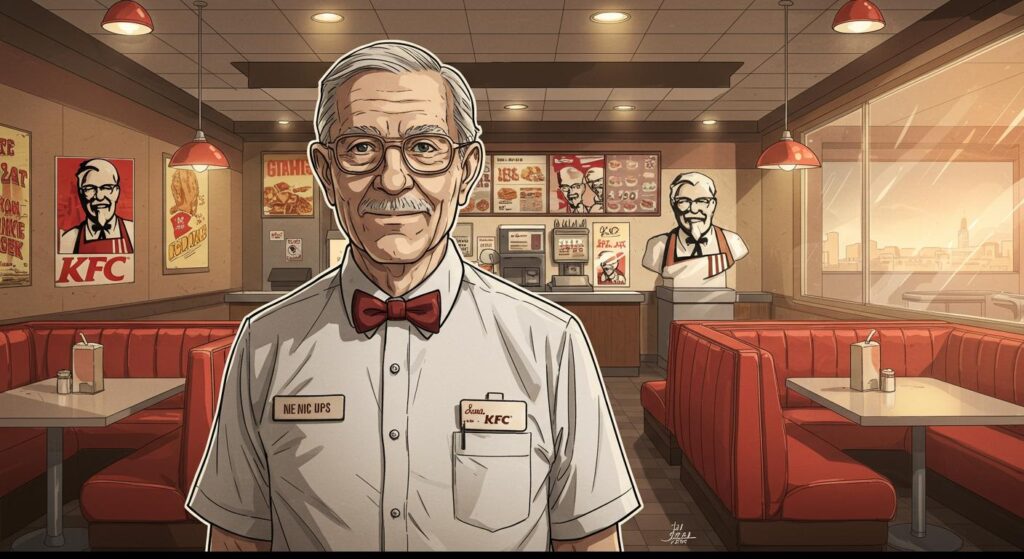If you happened to wake this week uncertain about our collective priorities as a nation, Congresswoman Claudia Tenney wants to reassure you: the existential threat posed by soggy paper straws is being met head-on in the halls of Congress. In a twist that might prompt one to check the calendar for April Fools’ Day, Tenney has unveiled her Better Straws Act, a bill designed to eliminate any federal requirements for paper straws, restoring what she describes as “consumer freedom” and, with perhaps a touch of grandeur, protecting Americans’ “right to choose practical, affordable alternatives” like plastic straws.
Introduced on July 15, the bill seeks to cement President Trump’s Executive Order 14208 into law, thereby emphasizing a concern that, according to Tenney’s office, transcends mere beverage accessories. Her statement frames the humble paper straw as a “symbol of how far the Left is willing to go to impose its radical climate agenda.” With this legislative push, she positions herself—perhaps unintentionally—as the nation’s foremost defender against the rising tide of limp, cellulose-based drinkware.
The Straw that Broke the Camel’s Patience
Tenney’s official press release zeroes in on two enduring grievances: the tendency of paper straws to collapse mid-beverage, and their alleged impact on consumers’ wallets. Describing the experience as “not just an inconvenience” but a signifier of an overreaching climate agenda, she questions not only the cost but also the environmental justification for the switch, asserting that paper straws “can carry a larger carbon footprint than plastic straws.” While this claim is occasionally debated in lifecycle analyses—depending on production methods and end-of-life disposal—it stands as one of her talking points in the statement.
Within the release, Tenney asserts that the Better Straws Act will “ban federally mandated paper straws and put consumers back in charge.” It’s worth noting her phrasing: a call for action on behalf of individuals perhaps beset by hypothetical straw-related oppression on the part of the federal government. Has anyone, one might ask, actually faced such an imposition at the national level? If so, the evidence hasn’t exactly flooded in. But in the spirit of legislative preparedness, this bill aims to thwart the specter of soggy straws before it can strike.
Soggy Symbols and Policy Priorities
Leaving aside the admittedly flimsy performance record of paper straws in most public venues, there’s a certain irony to the idea of launching a policy crusade on their behalf. Tenney’s language—her emphasis on symbols and consumer autonomy—suggests the straw stands less as a drink accessory and more as a proxy in a much broader cultural tug-of-war. As highlighted in her statement, this legislative effort seeks to “uphold President Trump’s commitment to common sense,” with the precise contours of such sense presumably varying based on one’s perspective or preferred beverage.
The notion advanced by Tenney—that Americans are in need of federal protection from paper straw mandates—paints a vivid, if improbable, picture of government priorities. What began with grassroots efforts to curtail the environmental fallout of single-use plastics, spurred in part by images of marine life tangled in debris, has now become, as Tenney would have it, a story of freedom versus unwelcome change.
A Storm in a Sippy Cup
There’s a comedic note, intentional or not, in prioritizing drinkware legislation amid weightier national concerns. Tenney’s press release frames paper straws not simply as an engineering disappointment, but as an embodiment of ideological excess, turning the act of sipping a soda into a demonstration of civic autonomy.
Whether the Better Straws Act serves as the ultimate expression of policy theater or merely foreshadows stranger debates ahead is anyone’s guess. At present, there’s little evidence of an actual, enforceable federal push for paper straws, raising the question: are we defending against a real adversary or vanquishing the imagined armies of the cellulose status quo? Will there soon be a Right to Napkin Act following close behind?
For now, plastic straw enthusiasts can relax, secure in the knowledge that the battlements of personal liberty are well defended—at least in the beverage aisle. Meanwhile, somewhere in the stacks, an archivist dutifully adds this episode to the growing collection of America’s most quixotic campaigns. If national temperament is reflected in the accessories that spark debate, what do our current squabbles over straws reveal about us—or about what’s left at the bottom of the cup?

